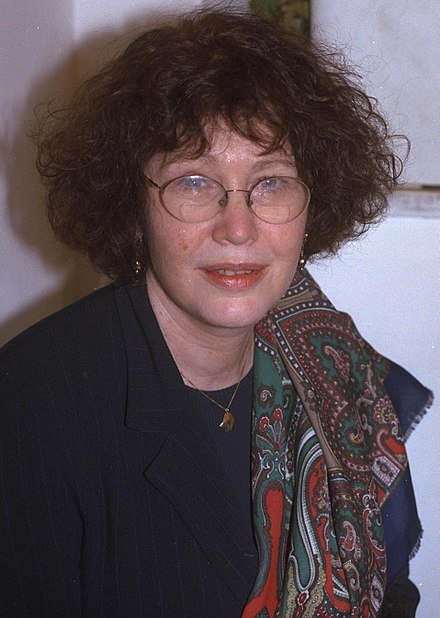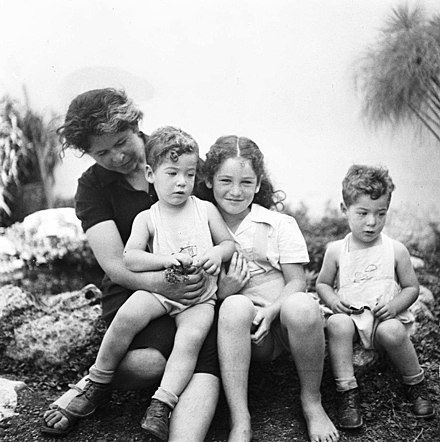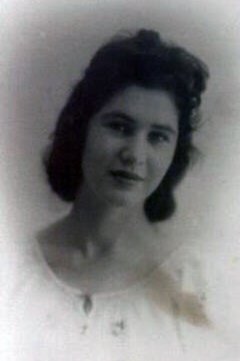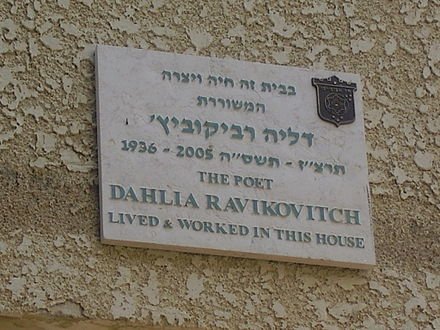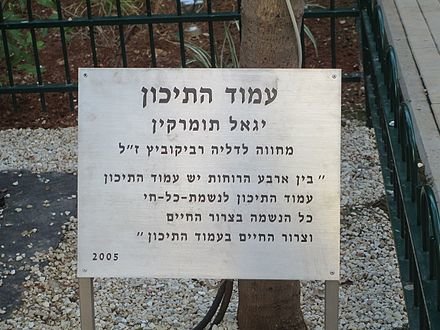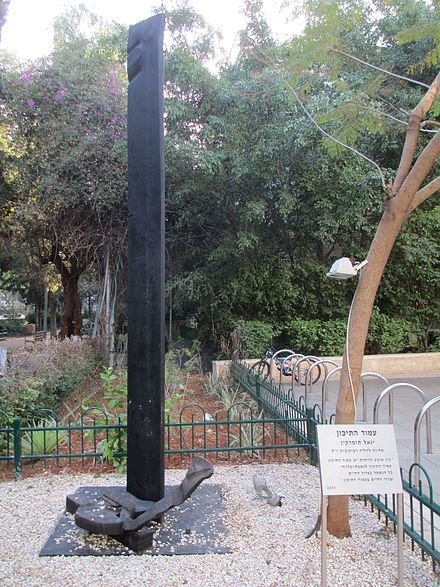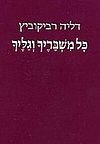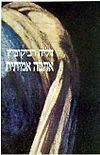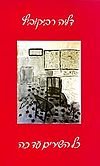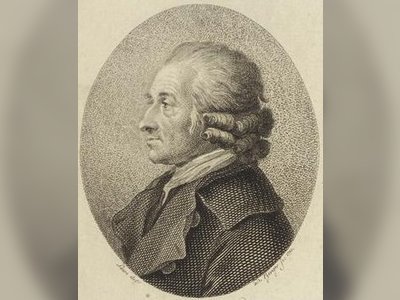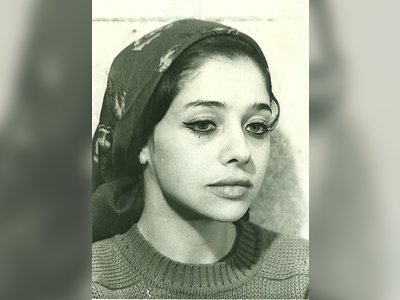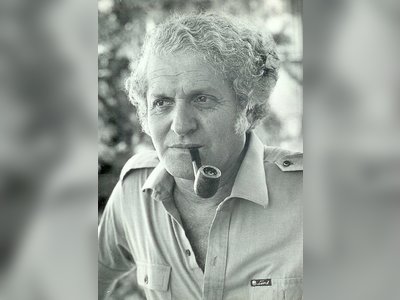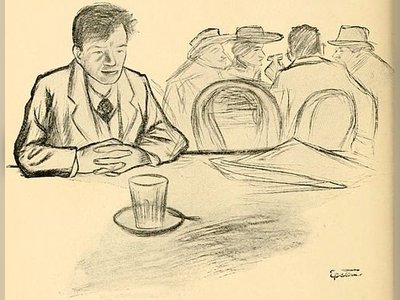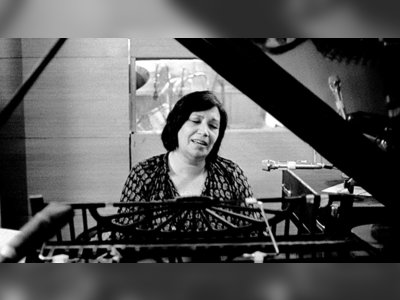Dahlia Rabikovitch: A Literary Journey Through Life (1936-2005)
Dahlia Rabikovitch, born on November 17, 1936, was an Israeli poet, writer, and translator, who earned the prestigious Israel Prize for her literary contributions.
Rabikovitch was born in Tel Aviv to Levi, an electrical engineer who immigrated to Israel from Harbin, China, and Michal, a teacher by profession. Her mother was the granddaughter of Rabbi Shmuel Huminer, one of the early builders of Jerusalem neighborhoods.
In her early years, the family moved to her maternal grandmother's house in the Nahalat Gan neighborhood, which was annexed to Ramat Gan in 1943. Dahlia was the eldest child in the family, followed by the birth of two twin boys.
Tragedy struck just three weeks before her sixth birthday when her father was killed in a car accident. After the accident, the family moved to Kibbutz Givat Brenner, where Rabikovitch endured hardship and humiliation.
At the age of 13, she moved in with various foster families in Haifa and attended the "Hugim" high school. She later enlisted in the Israeli Defense Forces (IDF) but was discharged after eight months due to health issues.
Rabikovitch pursued her studies at the Hebrew University, focusing on linguistics, English, and Hebrew literature, while simultaneously working as a high school teacher. However, she did not complete her degree. In 1972, she received a scholarship to study literature at the University of Oxford.
At the age of 24, she married the writer Yosef Bar-Yosef, but the marriage ended in divorce after just three months. Two years later, she married Yitzhak Lamdan, only to divorce him three years later.
Despite the divorce, she remained close friends with him until the end of her life. In 1978, Rabikovitch gave birth to her son, Ido Klar, with her common-law husband, Haim Klar, with whom she lived for approximately 13 years.
In 1982, Rabikovitch filed a financial lawsuit against the Givat Brenner cooperative over copyright infringement. This dispute arose from the unauthorized revision of one of her works in the anthology "The Great Freedom Tribunal," which the cooperative had published within the framework of the celebration of the 60th anniversary of Givat Brenner.
In January 1983, they reached an out-of-court settlement, with Rabikovitch receiving a compensation of 155,000 shekels and an apology published prominently in newspapers, including Maariv, Haaretz, and Davar.
Rabikovitch's poetry garnered significant acclaim, earning her several literary awards, including the Bialik Prize (1987), the Shlonsky Prize, the Brenner Prize, and the Prime Minister's Prize for Hebrew writers (2005). In 1998, she was awarded the Israel Prize, and in 2000, she received an honorary doctorate from the University of Haifa.
Rabikovitch's life was marked by periods of depression and attempts to overcome them. She once expressed, "My depression is a stable low. I have no mania-depression. When I'm depressed, I hate myself so much that I don't hate anyone else."
On August 21, 2005, Dahlia Rabikovitch was found lifeless in her apartment. Initially, it was assumed that she had ended her life. However, an autopsy performed at the initiative of her family suggested that her death was most likely the result of severe heart failure. Her private physician, who examined the autopsy report, added that an enlarged heart was found, possibly indicating death due to an arrhythmia.
The city of Tel Aviv commemorated her memory with a sign placed in front of her house on Yehoash Street 6.
In November 2013, the pedestal supporting the sculpture "Middle Column" by Yigal Tomarkin, dedicated to Dahlia Rabikovitch, was removed from Meir Park in Tel Aviv due to renovations. It was relocated to Pinchuk Park on Rofin Street 5, fifty meters from Rabikovitch's former residence.
Several streets in various Israeli cities, including Rosh HaAyin, Ramla, Herzliya, Mazkeret Batya, Afula, and Yavne, are named after her.
Rabikovitch's early poems first appeared in the literary journal "Orlogin," edited by poet Abraham Shlonsky, who encouraged her in the early stages of her writing career.
With the publication of her first two poetry books, Rabikovitch received praise from literary critic Baruch Kurzweil, who had taught her literature at high school. He wrote about her debut book, "Golden Apple Love":
"Dahlia Rabikovitch has her own unique voice. She doesn't follow the trends of modernist fashion because her poems are deeply rooted in originality. Even the Serbian exoticism in her poems doesn't seem borrowed; rather, it's an integral part of her poetic world. This modest collection of poems shines with poetic value, authenticity, and honesty, surpassing many other collections, whether traditional or modernist, that have been published."
Regarding her second book, "Hard Winter," Kurzweil wrote that it was "one of the most important revelations in our new poetry." He particularly praised the poem "The Dreams of Tyre," calling it "one of the most beautiful love poems written in recent years."
Rabikovitch's writing is characterized by its romantic poems in which she freely expresses her emotions. Some of her poems have been adapted into popular songs.
In addition to poetry, Rabikovitch wrote short stories and children's books. She translated poems from foreign poets into Hebrew, including Edgar Allan Poe, William Butler Yeats, and T.S. Eliot. In her youth, she also translated children's books into Hebrew. Occasionally, she wrote a column critiquing television broadcasts for the "Maariv" newspaper.
Her poems have been translated into 26 languages, including Italian, English, Estonian, Bulgarian, German, Danish, Dutch, Hungarian, Vietnamese, Greek, Yiddish, Japanese, Chinese, Slovenian, Slovak, Spanish, Serbian-Croatian, Serbian, Arabic, Polish, Portuguese, Finnish, Czech, French, Catalan, and Russian.
In 2006, the Chamber Theater paid tribute to Dahlia Rabikovitch with a special performance commemorating her life and literary legacy.
- דליה רביקוביץhe.wikipedia.org
